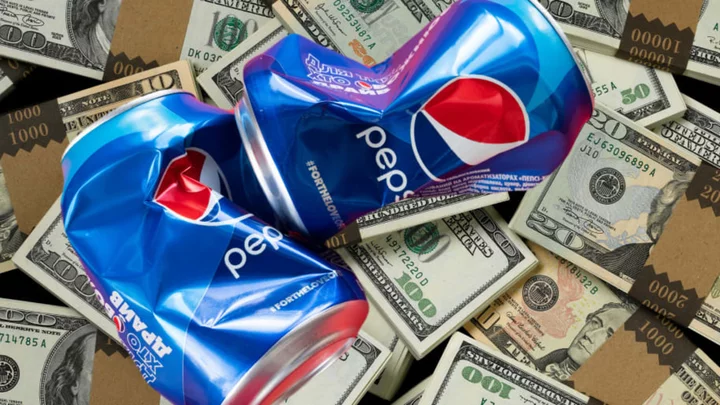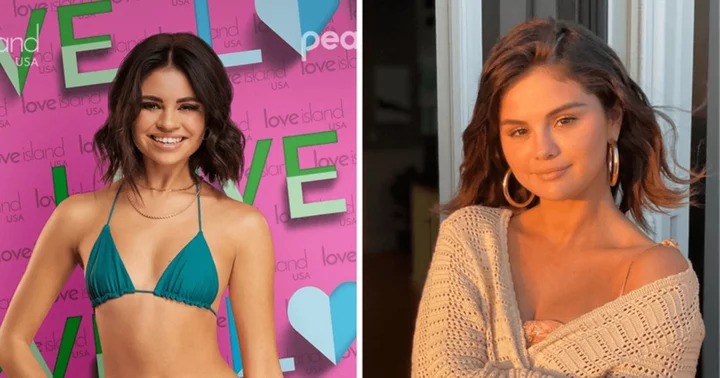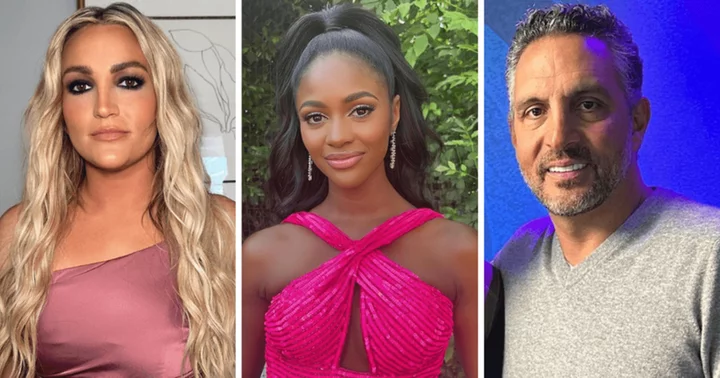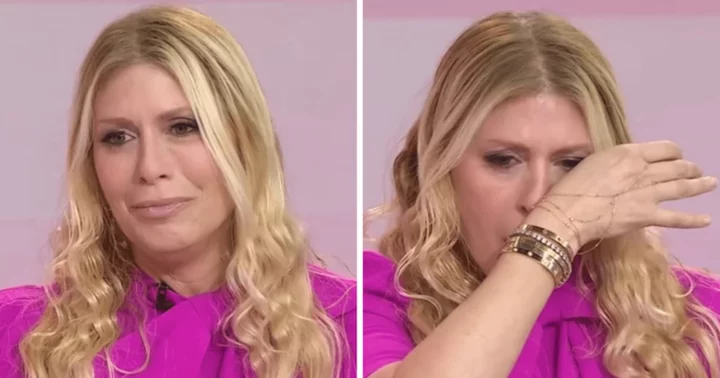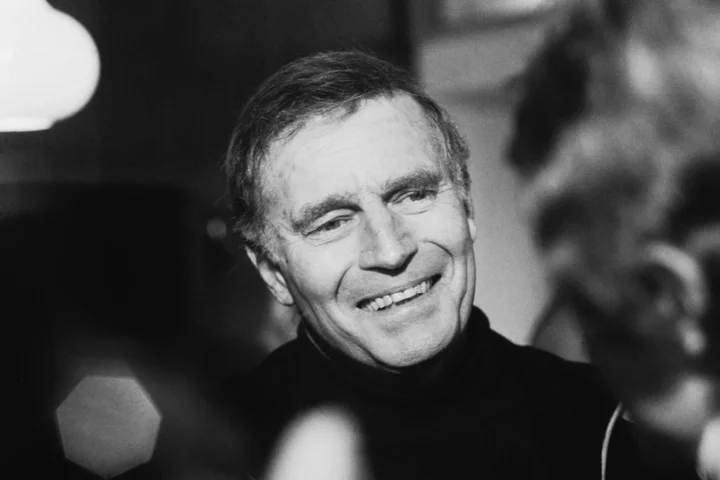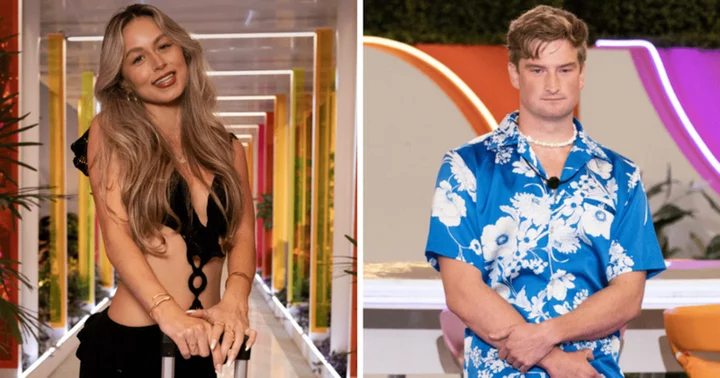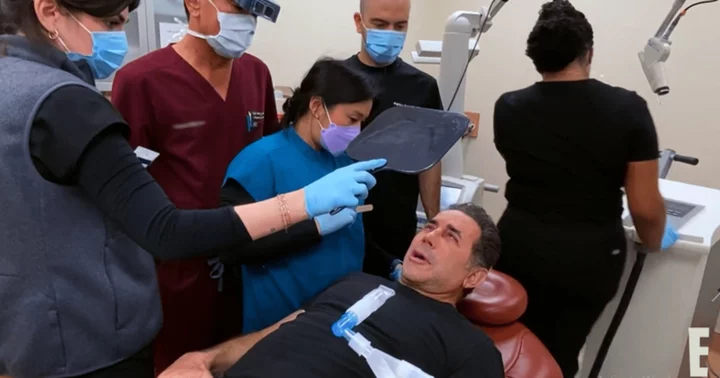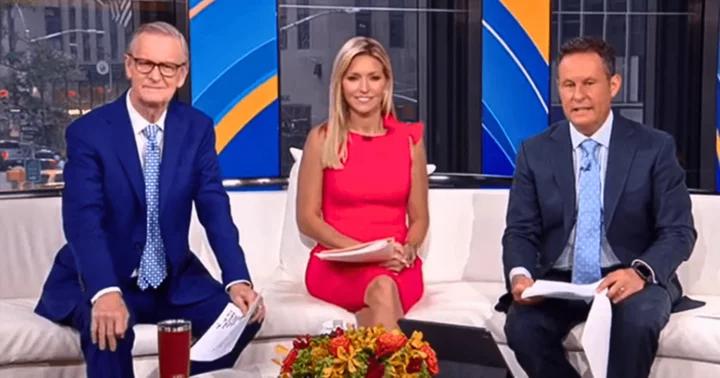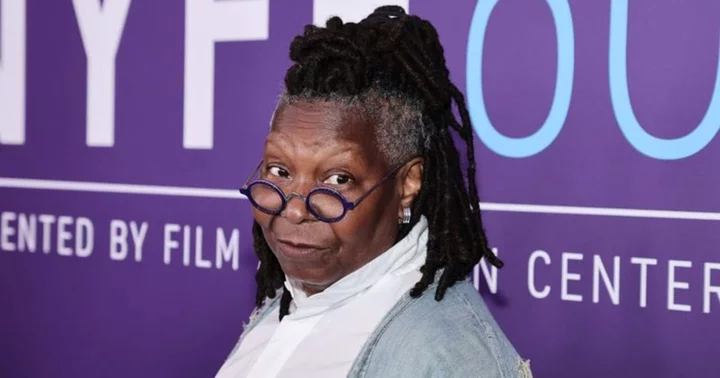“He has incredible charisma,” Jennifer Henderson said of her client, a star-in the-making named Kendall. In the fall of 2003, Kendall had been chosen among a multitude of hopefuls looking to become the face of Pepsi’s biggest promotional effort ever—and possibly the biggest promotion in the history of consumer goods. The grand prize would not be $1 million, or even $100 million, but a Powerball-sized $1 billion.
That summer, a billion of the company’s soda bottles—Pepsi, Mountain Dew, and Sierra Mist—and select fountain cups were marked with distinct numbers. Some were instant winners for $15. Others could be entered into a website. Pepsi would then select the numbers at random, inviting 1000 people for a television taping where, via several numbers-based games of chance, one winner would ultimately be crowned and given $1 million, plus have the opportunity to potentially win $1 billion.
The catch? Their numbers would have to match the six chosen by Kendall at random.
And Kendall was a chimpanzee.
A Billion-Dollar Idea
In an industry full of eye-catching promotional stunts, Pepsi has always seemed to aim for the stars, albeit with mixed results. In the 1930s, the company hired a pilot to skywrite ads. In 1992, they ran a contest in the Philippines dubbed Number Fever, in which too many winning bottle caps were made by accident; the ensuing confusion led to riots. In 1996, they jokingly offered consumers a chance to win a harrier jet; one contestant took them seriously and sued when they failed to deliver the aircraft. (He lost.)
For their latest conceit, Pepsi kept it relatively simple. In Play for a Billion, the grand prize winner would have the opportunity to net the $1 billion prize without sacrificing their guaranteed $1 million reward. Never before had a consumer brand put so much money on the table—but for Pepsi, it was representative of the sugar-laced race for a larger market share in the cutthroat cola business.
“Consumers are bombarded with so many messages, it’s hard to get their attention,” Pepsi spokesperson David DeCecco told CNN. “Our goal was to break through the clutter. Giving away a potential $1 billion certainly grabs people’s attention.”
It certainly did, but that much money came with a question mark. Even though the $1 billion wasn’t guaranteed, what happened if someone won? Could Pepsi really fork over a 10-figure sum?
Turned out, they wouldn’t have to. Pepsi enlisted a firm, SCA Promotions, that provided what amounted to prize coverage insurance. For a considerable fee (roughly $10 million), they would guarantee, or underwrite, the $1 billion prize in the event it was handed out; insurance company Berkshire Hathaway, owned by Warren Buffett, would cut the check. It wouldn’t necessarily amount to a flat $1 billion, either. The winner could elect a lump-sum reduced payout, or payments over 40 years. Better yet, the money would be siphoned, albeit indirectly, from the pockets of rival Coca-Cola. Berkshire Hathaway was a shareholder in that company.
Mr. Moneybags
Pepsi’s Play for a Billion culminated on September 14, 2003. A television special hosted by Drew Carey, the future emcee of The Price Is Right, aired live on the WB Network from Orlando, Florida, and doubled as a promotional vehicle for new and returning WB programming. The 1000 audience members in attendance had been selected from over 4 million entries. From there, 10 were chosen with numbers closest to (or exactly the same as) the ones picked by Kendall the chimpanzee. Those 10 then joined Carey on stage for a series of games.
One contestant, 42-year-old Richard Bay, was a schoolteacher from Princeton, West Virginia. He selected his six-digit number based on scripture. On stage, Bay and the others were offered increasing amounts of money to voluntarily drop out—nine contestants opted to do so and just take the money, which totaled $390,000 across all nine. But Bay persisted, and eventually was awarded the $1 million prize as well as the chance to see if his number matched the one chosen by Kendall.
Bay’s number, 228238, was close to the winning number of 178238, but not close enough. Kendall, also known as Mr. Moneybags, had thwarted Bay’s billion.
Bay was far from dismayed. He pledged to use his prize money to fund a school library, offer college endowments, and donate to his church. “It’s nice to receive but it’s better to give, and it always comes back to you in the end anyway,” he said.
The promotion was successful enough that Pepsi repeated it the following year, this time airing a live special on ABC hosted by Damon Wayans and Tom Bergeron, and featuring an appearance by Destiny’s Child. Out of 14 million entries, Natick, Massachusetts, resident Jon Kenney took home the $1 million prize. He said he planned to purchase 100 plane tickets to Disney World for Make-A-Wish children. Once again, the $1 billion amount was out of reach thanks to the law of probabilities. It’s simply not likely you’ll pick the same six winning numbers as a chimp.
Pepsi didn’t resurrect the contest a third time. Writing for Psychology Today, Ben Hayden, Ph.D., speculated that the reason the Play for a Billion promotion didn’t last longer was that the dollar amount was simply too enormous for most to comprehend. “We humans have what economists have [called] diminishing marginal utility for income and we also have poor sense of large numbers,” he wrote. “These two phenomena are probably related. In other words, we’d all like a million dollars and we’d also like a billion dollars, but it’s not the case that we’d like a billion dollars a thousand times more. We’d like it maybe three or four times more. In some cases we even treat the amounts as identical.”
As for Kendall: As with many young performers, adolescence brought challenges. Just a few years old when the first contest kicked off, he became less cooperative with his handlers as time went on. He retired from show business and was relocated to the North Carolina Zoo.
This article was originally published on www.mentalfloss.com as When Pepsi Tried Giving Away $1 Billion With the Help of a Chimp.

